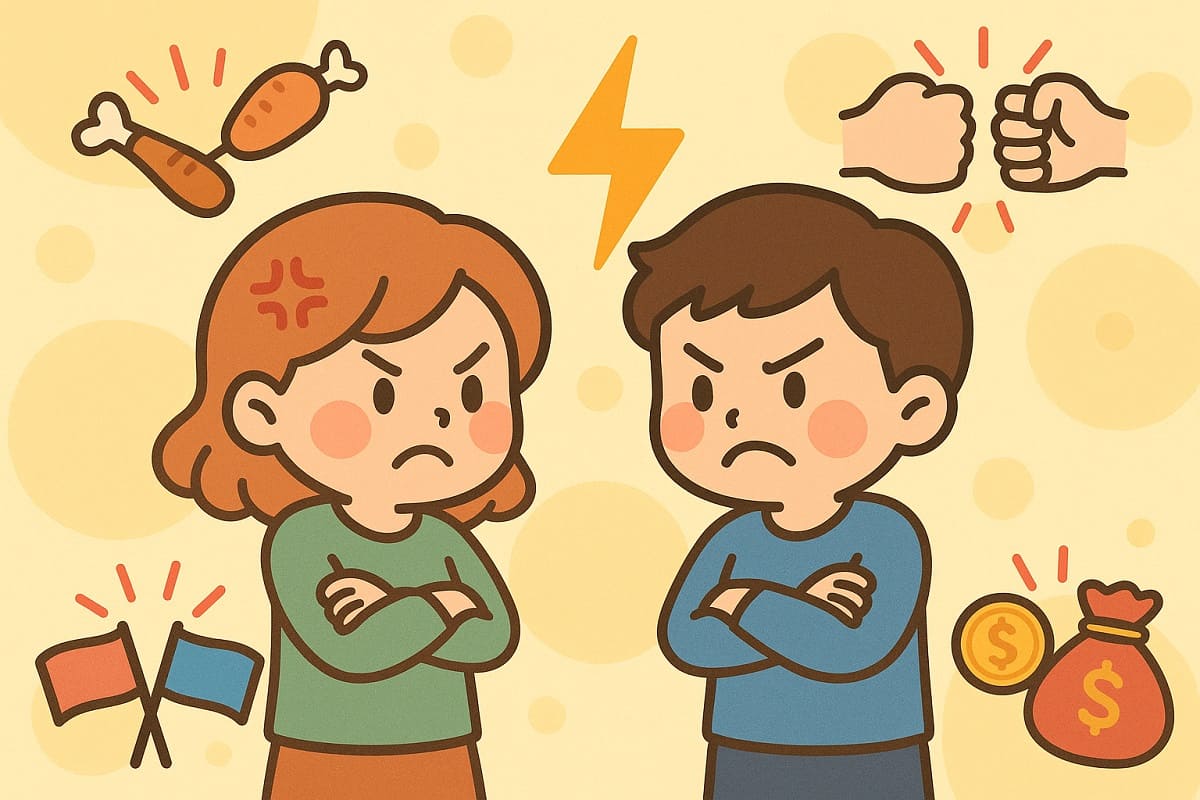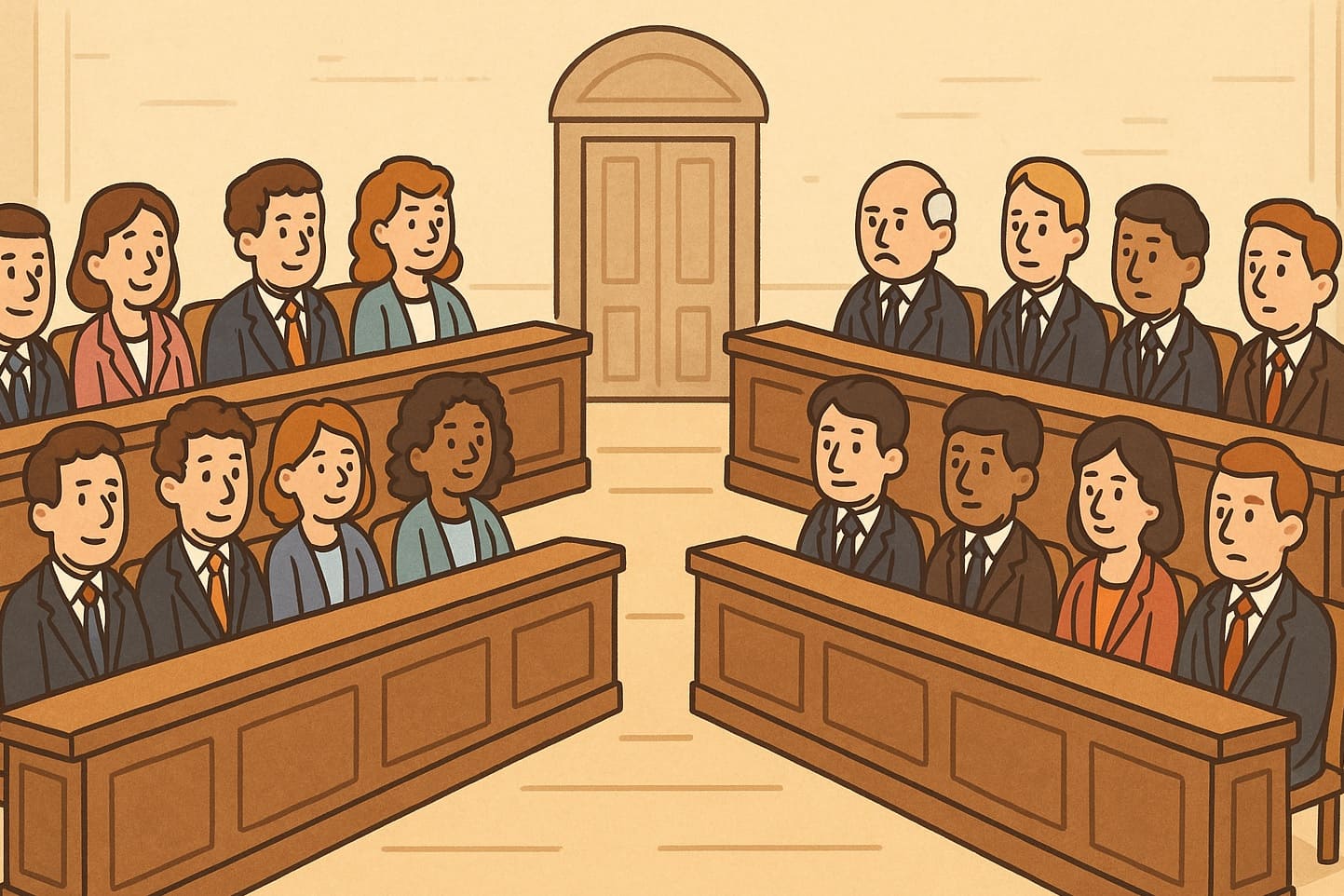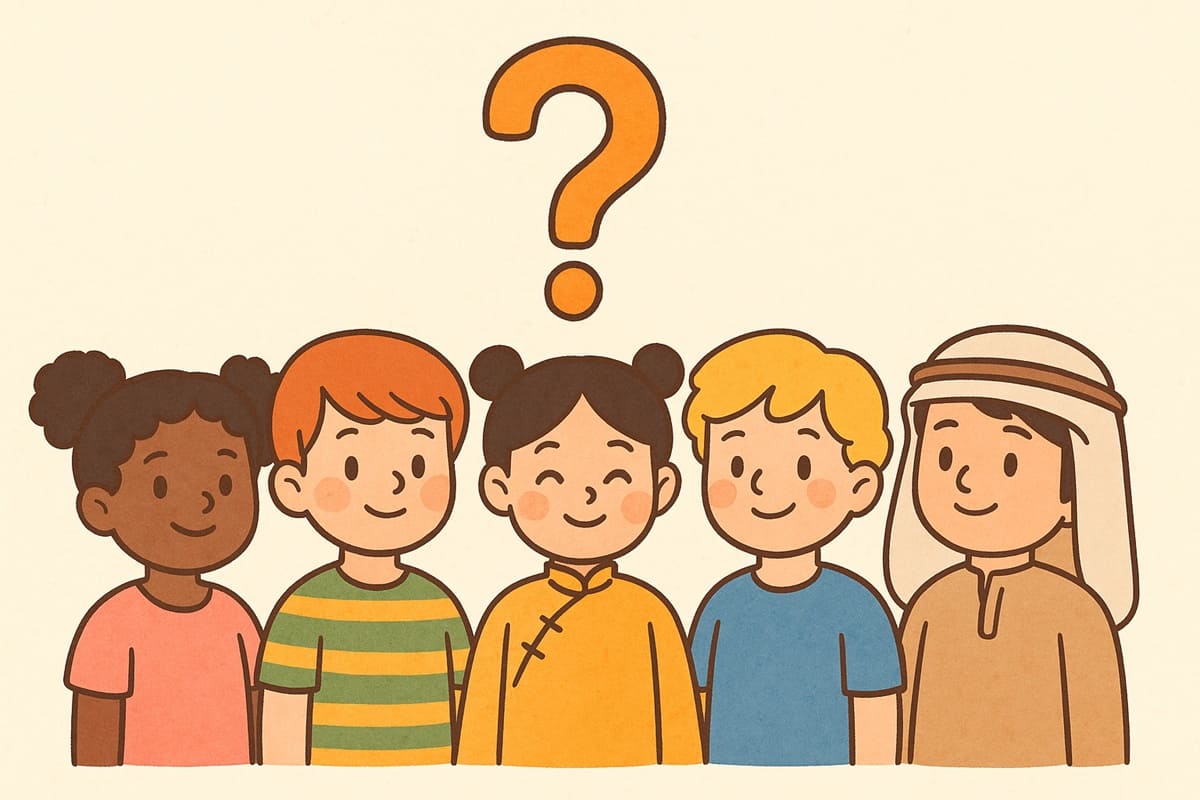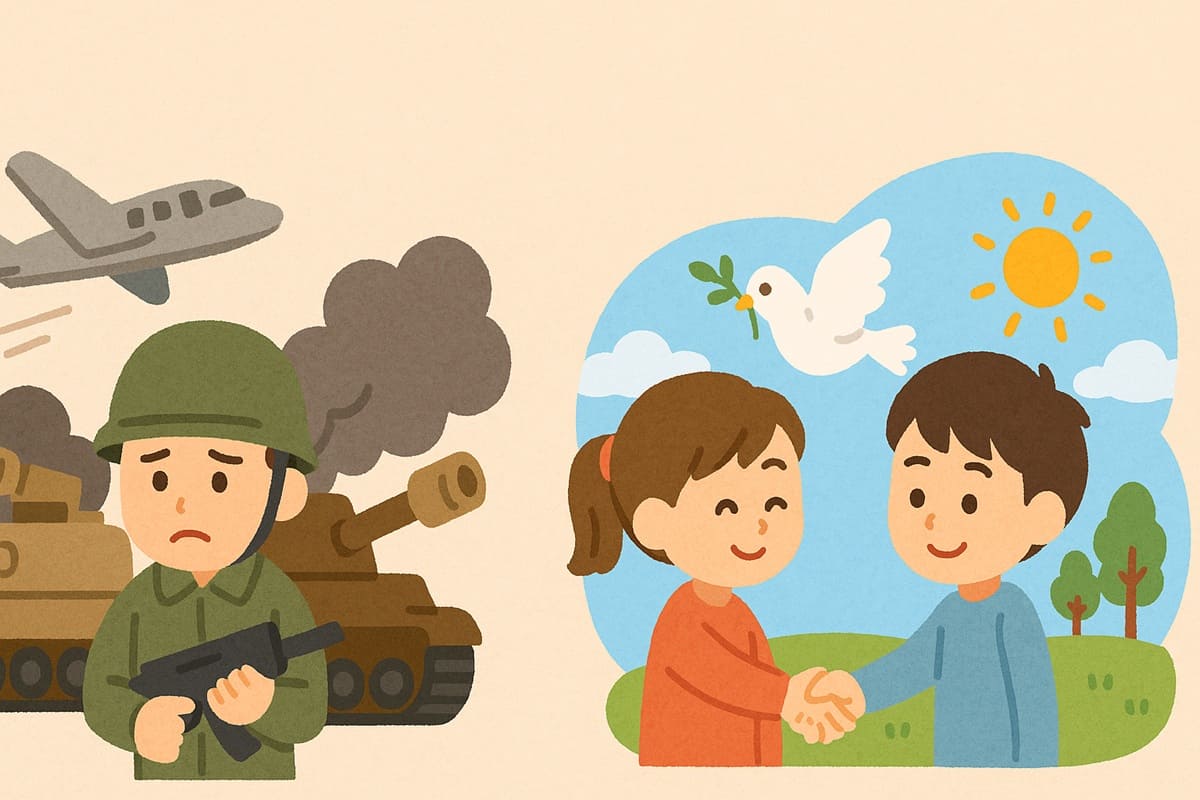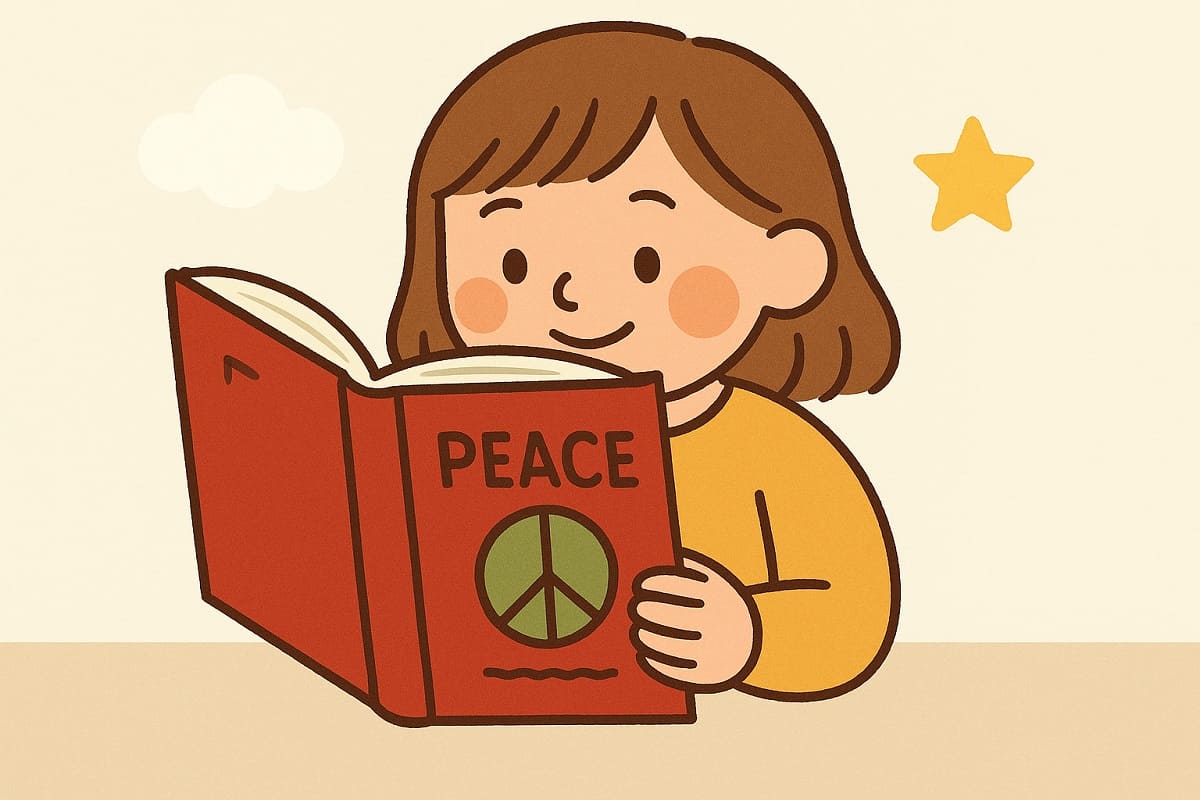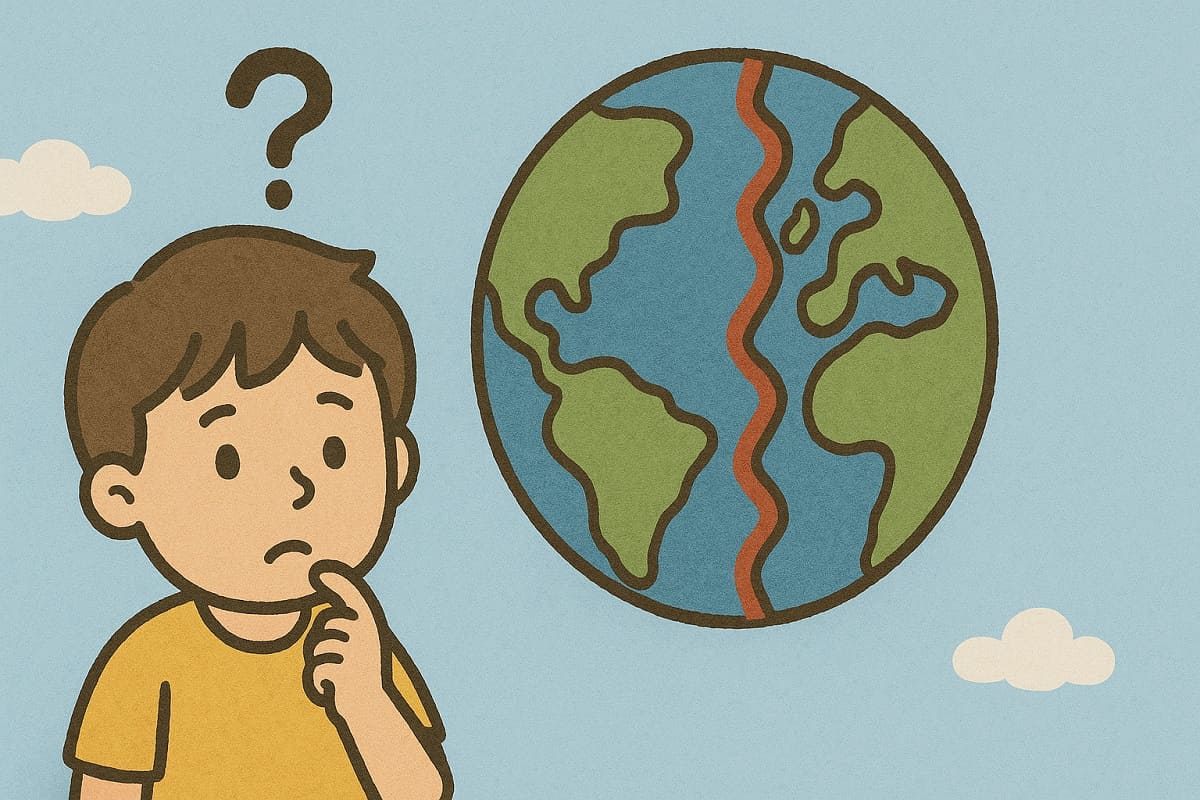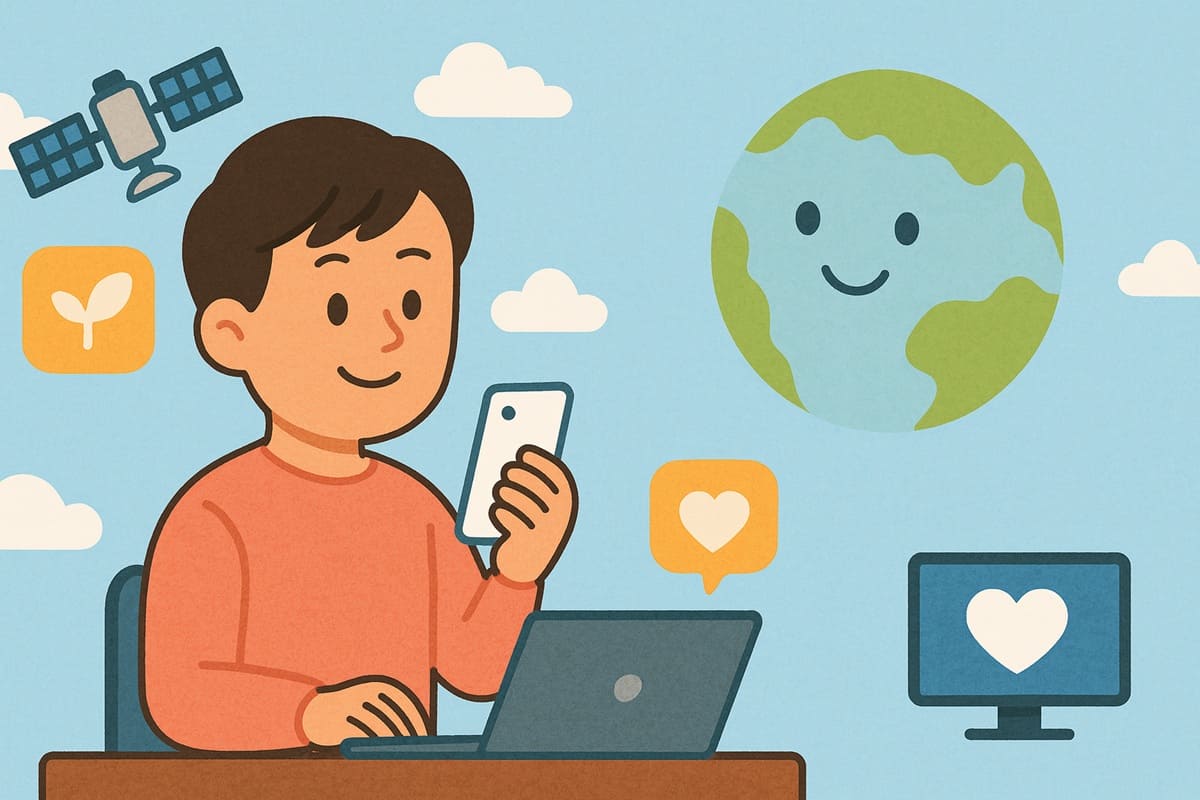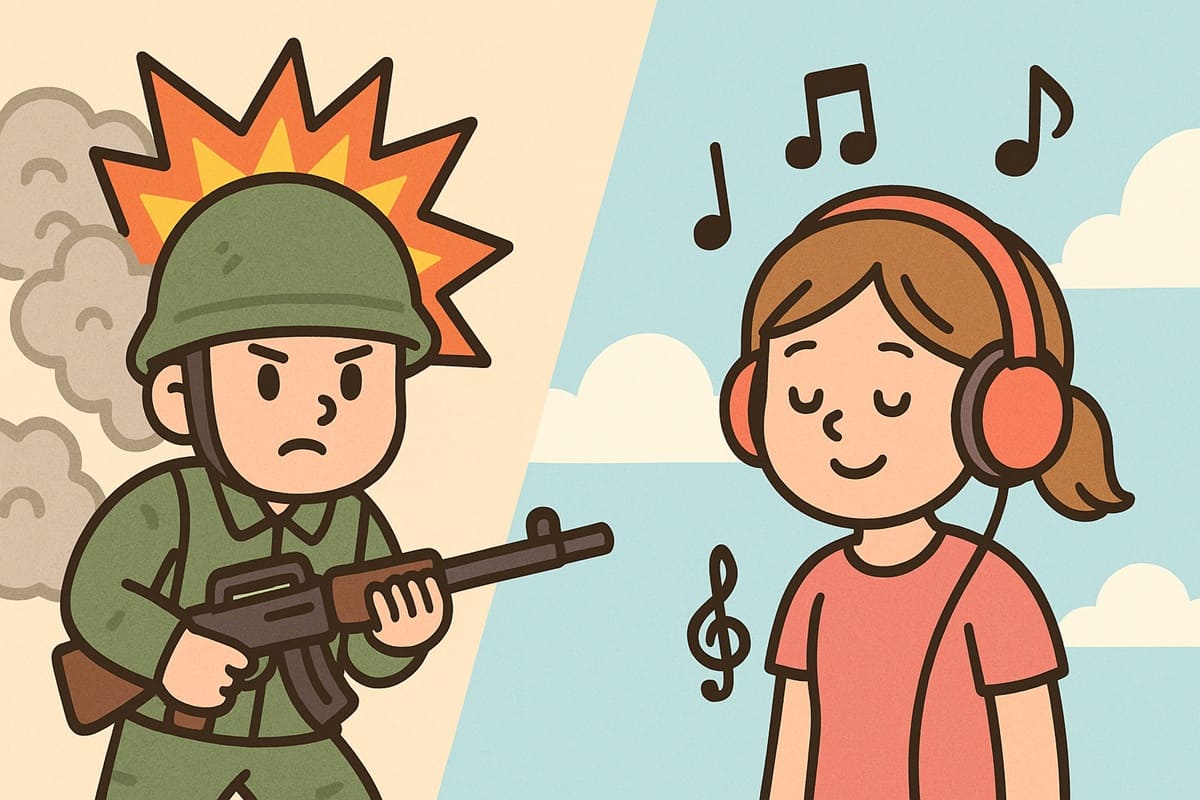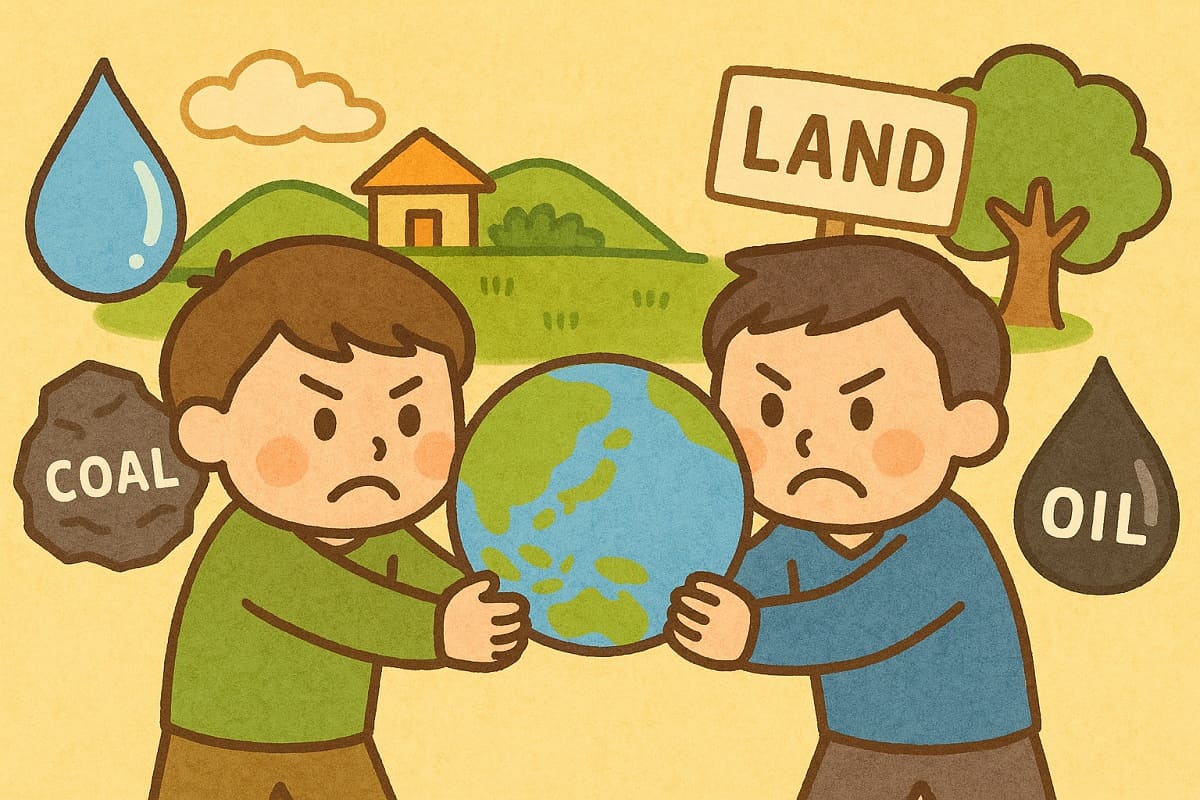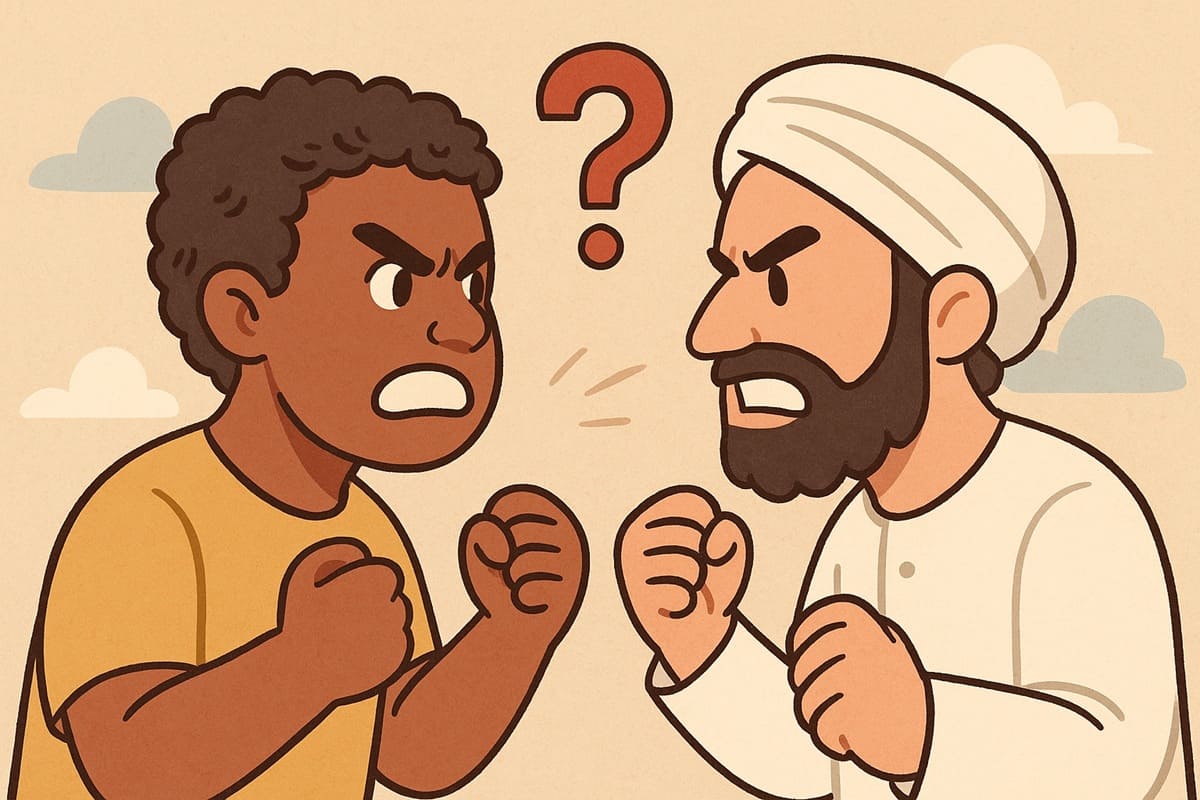Why Do We Feel Guilty? How to Overcome Guilt
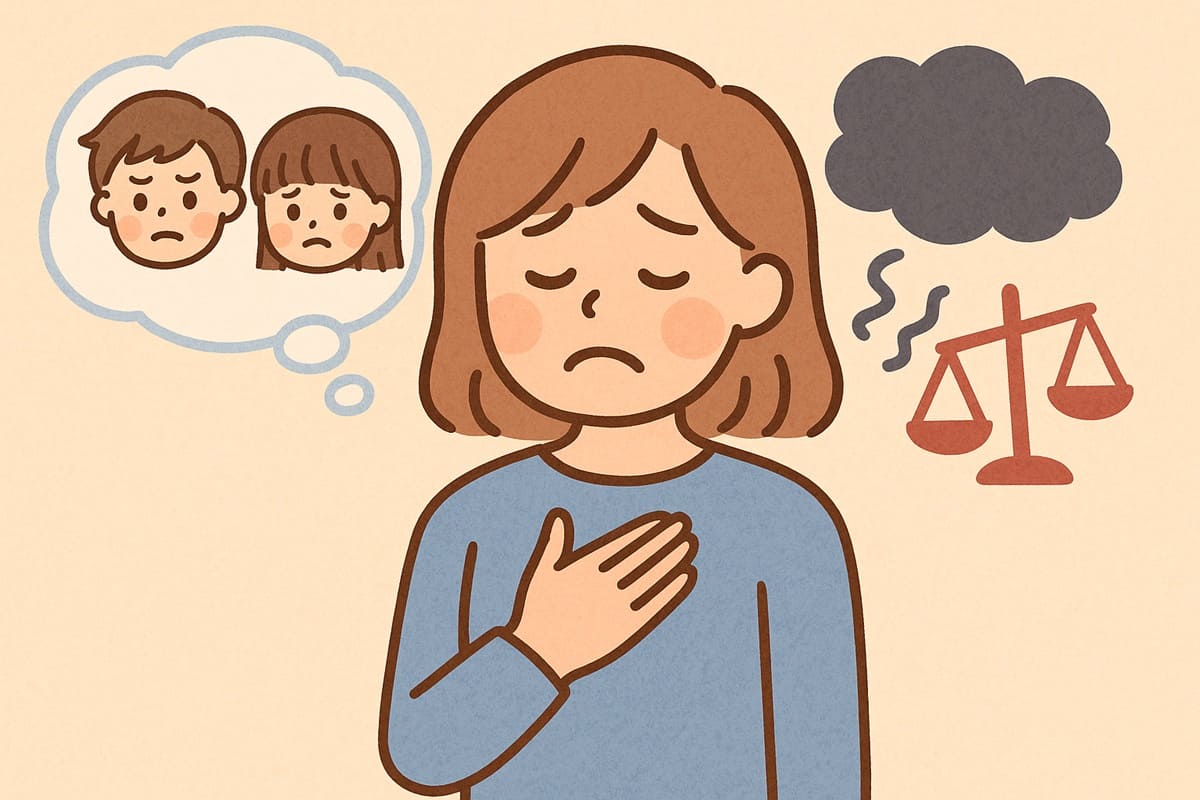
Why did I say that…?”
“If only I had handled things better back then…”
Have you ever looked back on something you did and felt a heavy weight in your chest?
That feeling is called guilt.
In this article, we’ll explore where guilt comes from and how to face it in a way that’s easy to understand.
What Is Guilt?
Guilt is the feeling that arises when you believe your actions may have hurt someone, and you begin to blame yourself.
For example, if you said something hurtful to a friend or forgot an important promise, and then thought, “I can’t believe I did that,” that’s guilt in action.
This emotion is different from simply feeling “sad” or “down.”
What sets guilt apart is that it involves blaming yourself for doing something wrong.
But guilt isn’t always a bad thing.
In fact, it plays a vital role in helping us live peacefully with others in society.
Why Do We Feel Guilty?
Guilt arises from our desire to value and maintain good relationships with others.
For example, if you made a mistake and apologized by saying, “I’m sorry. I shouldn’t have said that,” it shows that you care about the other person’s feelings.
Guilt reflects a wish to be a better person and to get along with others.
Psychological research shows that guilt is a response to feeling like your actions have strayed from what’s right.
This feeling is tied to our human abilities like empathy and conscience—the capacity to care about how others feel.
From an evolutionary perspective, guilt helped humans cooperate in groups.
Thanks to guilt, we can be kind to others and follow rules—key parts of a functioning society.
What Happens When Guilt Becomes Too Strong?
Feeling some guilt is normal.
But when guilt becomes overwhelming or lingers too long, it can seriously harm your mental well-being.
For example, you might:
- Start believing, “I’m a terrible person”
- Avoid people and isolate yourself
- Lose interest or joy in things you used to enjoy
- Constantly relive past events and feel pain over and over
At times like these, it becomes important to let go of guilt in a healthy way.
How to Overcome Guilt
So, how can we start freeing ourselves from guilt?
Here are some practical tips from psychology and mental health practices you can try in your daily life.
1. Don’t Assume It’s All Your Fault
When feeling guilty, it’s common to think, “Everything was my fault.”
But in reality, most situations involve many different factors.
For example, if you had a falling out with a friend, it wasn’t just your words that caused it—their reactions and the circumstances at the time also played a role.
Psychologists use something called a “Responsibility Pie Chart”, where you visualize what percentage of the responsibility lies with you, and what parts were due to others or the situation.
2. Focus on What You Can Do Now
No matter how much you regret the past, you can’t change it.
But you can decide what to do going forward.
For example:
- Apologize to the person you hurt
- Make a conscious effort not to repeat the same mistake
- Talk to someone you trust about what happened
Taking these actions can gradually heal the guilt you feel.
3. Use Mindfulness to Return to the Present
Mindfulness is the practice of simply noticing how you feel in the moment—both in your mind and your body.
By focusing on your breath, you can create space between yourself and the regrets of the past or worries about the future.
Try sitting quietly, closing your eyes, and focusing only on your breathing—“I’m breathing in, I’m breathing out.”
Even doing this for just 3 minutes can help calm your mind.
4. Speak Kindly to Yourself Instead of Blaming
When guilt strikes, you might think, “I’m such a failure.”
But harsh self-talk only deepens the pain.
In those moments, try saying to yourself, “Everyone makes mistakes” or “I did the best I could at the time.”
This is called self-compassion, and it’s a powerful way to help yourself recover emotionally.
5. Learn to Forgive Yourself
Finally, one of the most important steps is learning to forgive yourself.
In Buddhism, it is believed that everyone makes mistakes, and what matters most is how you respond after realizing your wrongs.
You might think:
- “I’ll try not to repeat the same mistake.”
- “Instead of endlessly punishing myself, I’ll use my energy to build a better future.”
This shift in mindset can help lift the emotional weight you’re carrying.
Conclusion: Living Peacefully with Guilt
Guilt is a valuable emotion that helps us protect our relationships and aim to be better people.
But when it becomes too intense, it can be a heavy burden on the heart.
So remember:
- Don’t blame yourself for everything
- Focus on what you can do now
- Calm your mind with breathing or meditation
- Be kind to yourself
- Learn to forgive yourself
By practicing these steps little by little, you can begin to face guilt in a healthy way.
You can’t change the past, but you can shape the way you live from now on.
Main References
Azami, R. (2008). 恥と罪悪感の研究の動向1. 日本感情心理学研究, 16(1), 49–64.
Young, K., et al. (2021). A cognitive behavioural therapy (CBT) approach for working with strong feelings of guilt after traumatic events. The Cognitive Behaviour Therapist, 14, e26.
Shen, L. (2018). The evolution of shame and guilt. PLoS ONE, 13(7), e0199448.
Hafenbrack, A. C., et al. (2022). Mindfulness meditation reduces guilt and prosocial reparation. Journal of Personality and Social Psychology, 123(1), 28–54.
Vismaya, A., et al. (2024). Psychological interventions to promote self-forgiveness: A systematic review. BMC Psychology, 12, 258.
